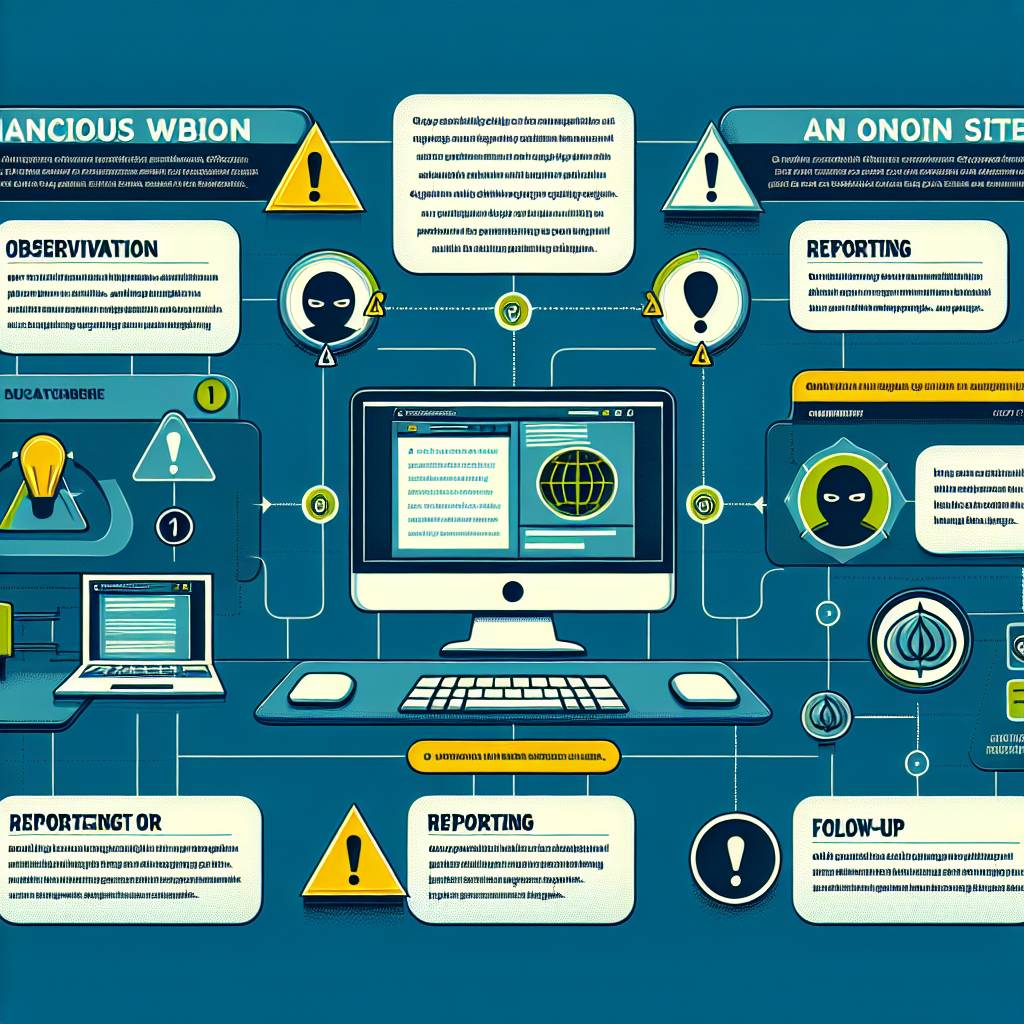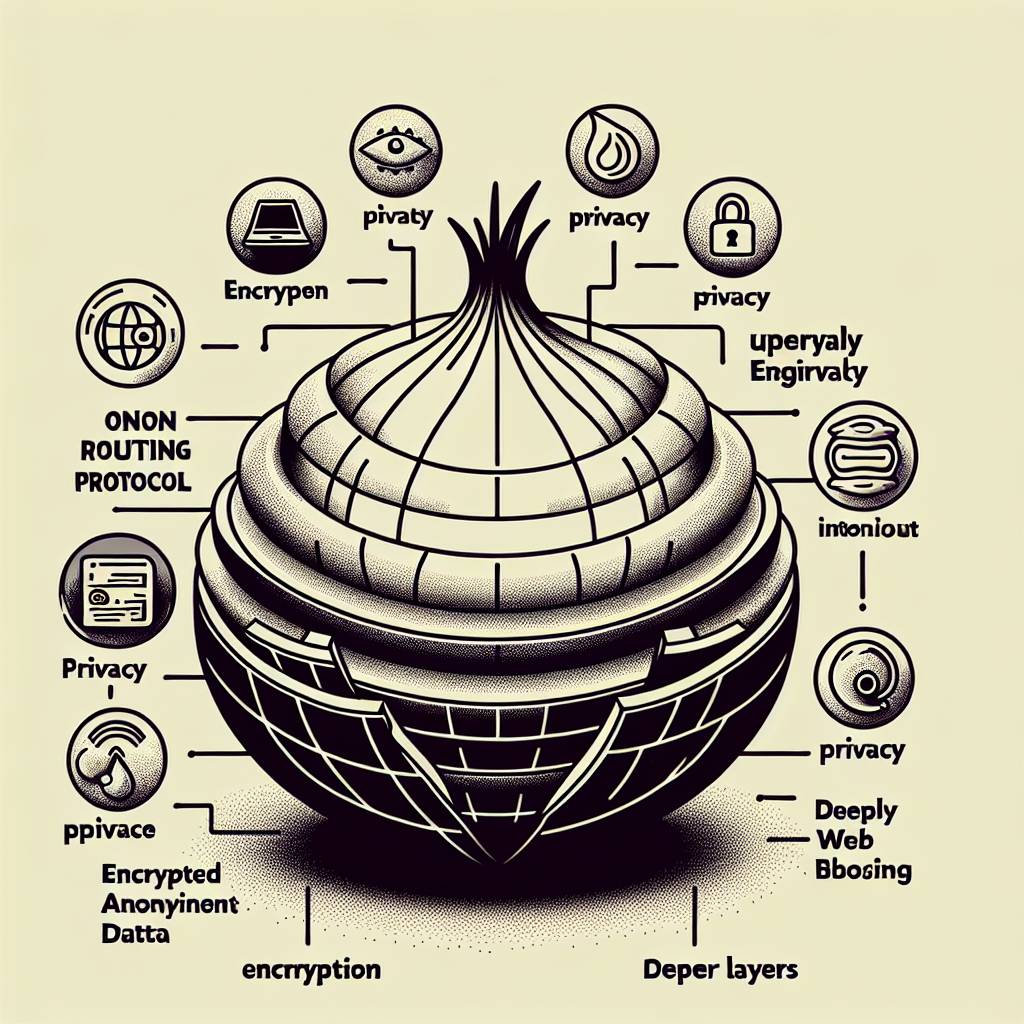Most Popular Onion Libraries and Archives
Onion sites committed to libraries and archives represent a captivating nook of the dark web, imparting access to extensive collections of digital content. These specialized onion sites serve as repositories for books, documents, research papers, and various media, all accessible through the Tor network. While some onion libraries focus on academic materials, others preserve historical […]
Most Popular Onion Libraries and Archives Read More »










